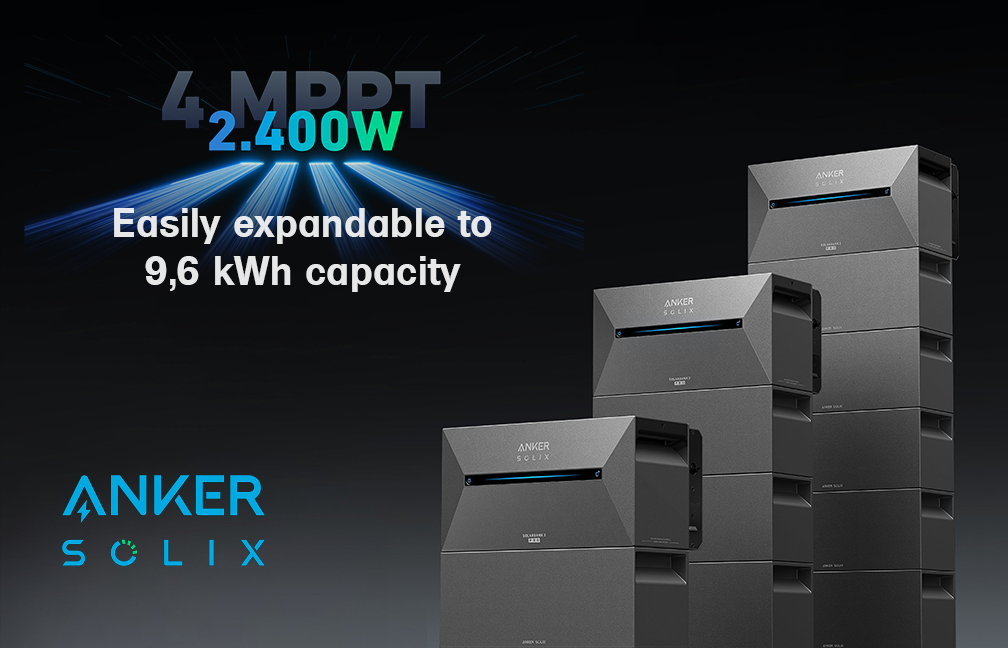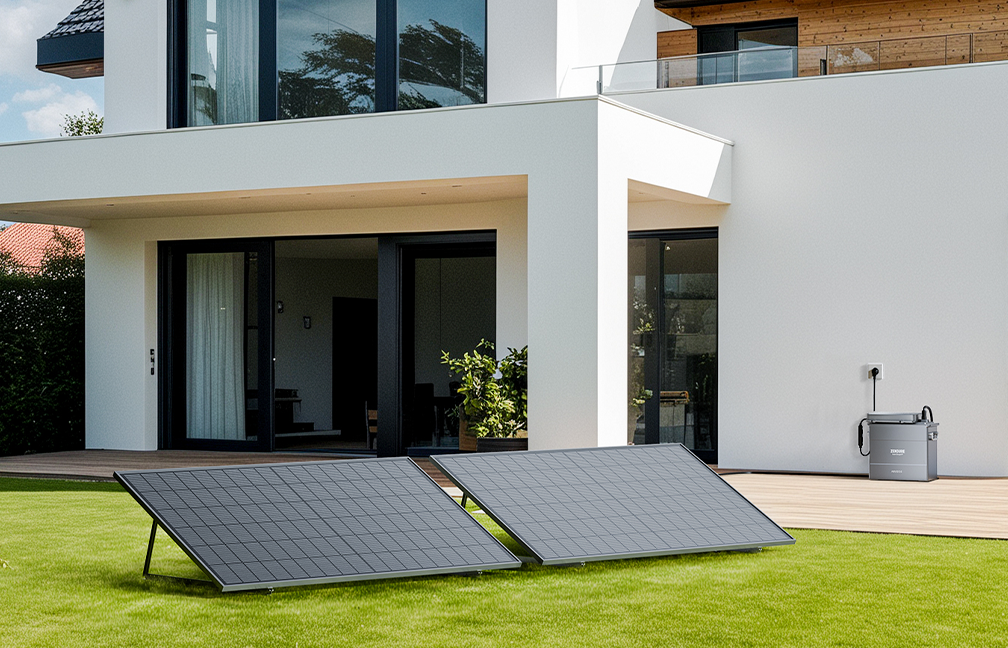SolaX Power
New to the range
Discover powerful energy storage systems, inverters, and more
Shipped in 2-5 days
Shipped in 2-5 days
Product is expected to be back in stock on 17 March 2026
Product is expected to be back in stock on 17 March 2026
Shipped in 1-3 days
Shipped in 1-3 days
Shipped in 1-3 days
Shipped in 1-3 days
Shipped in 2-5 days
Shipped in 2-5 days
Shipped in 2-5 days
Shipped in 2-5 days
0.29 L (€155.14* / 1 L)
Content: 0.29 L (€155.14* / 1 L)
Shipped in 1-3 days
Shipped in 1-3 days
Shipped in 1-3 days
Shipped in 1-3 days
Shipped in 3-6 Werktage
Shipped in 3-6 Werktage
Shipped in 4-8 Werktage
Shipped in 4-8 Werktage

Discover the balcony power station storage units of the SOLIX 3 series now.

Offgridtec stands for reliable energy systems that combine independence, efficiency, and safety. From the initial idea to the ready-to-use solution, we offer sophisticated technology for modern energy applications - stationary, mobile, and off-grid.



Intelligent storage solutions are needed to ensure that energy is available at all times. They balance generation and consumption, secure the supply when needed, and increase independence - regardless of the time of day or grid availability.
OverviewPrecisely coordinated components not only generate energy, but also convert, monitor, and distribute it efficiently. Stable control ensures security of supply, protection of technology, and reliable everyday use.
OverviewGenerate electricity exactly where it is needed. From compact solutions for private use to powerful systems for trade, commerce, and industry: different power levels enable flexible applications. Efficient, expandable, and ideal for both mobile and fixed supply structures.
OverviewA reliable energy supply is not only achieved through powerful technology, but also through professional connection, protection, and installation. Well-designed installation solutions ensure safety, durability, and trouble-free operation.
OverviewPreconfigured solutions enable a quick start to sustainable power supply. All components are technically compatible with each other, tested, and prepared for their respective applications— for maximum safety and efficiency.
OverviewA stable energy supply is created through the interaction of reliable components. That is why modern systems are based on selected manufacturers whose technology, interfaces, and performance data are coordinated with each other. From planning and selection to integration, this results in a solution that remains technically consistent and can be expanded or adapted in the long term.

Shipped in 1-3 days
Shipped in 1-3 days
New Arrivals
Soon available again
Soon available again
0.5 Meter (€146.98* / 1 Meter)
Content: 0.5 Meter (€146.98* / 1 Meter)
Shipped in 1-3 days
Shipped in 1-3 days
Shipped in 1-3 days
Shipped in 1-3 days
Soon available again
Soon available again
Soon available again
Soon available again
Soon available again
Soon available again
Product is expected to be back in stock on 13 March 2026
Product is expected to be back in stock on 13 March 2026
Shipped in 1-3 days
Shipped in 1-3 days
Shipped in 1-3 days
Shipped in 1-3 days
Shipped in 1-3 days
Shipped in 1-3 days











